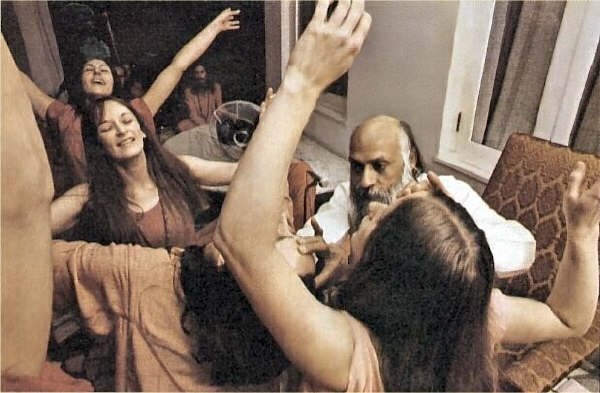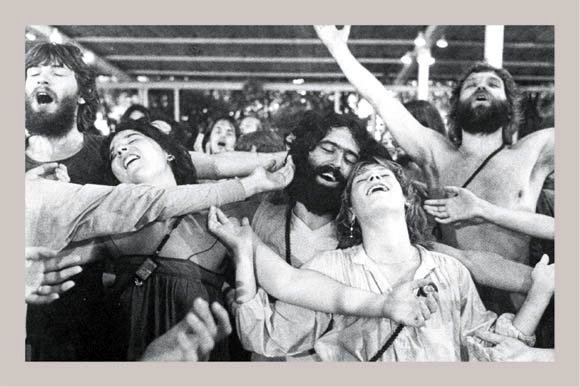If you have lived a childhood of a deep showering of love and trust on you, you gather a beautiful self-image about yourself. And if your parents have been really in deep love with each other, and they were very happy in you because you were the culmination of their love, the crescendo of their love, the actualization of their love; if they were deep in love, then you are the song that is born out of their love. You are the proof, the evidence that they loved each other.
You are their creation: they feel happy about you, they accept you, and they accept the way you are. Even if they try to help you, they try to help you in a very loving way. Even if they say sometimes, "Don't do this," you don't feel offended and you don't feel insulted. In fact, you feel cared about.
But when the love is missing and the father and mother go on saying, "Don't do this," and, "Do this," by and by the child starts learning that, "I am not accepted as I am. If I do certain things, I am loved. If I don't do certain things, I am not loved. If I do some other things, I am hated."
So he starts shrinking. His pure being is not accepted and loved. The love is conditional; trust is lost. Then he will never be able to have a beautiful self-image. Because it is mother's eyes which reflect you for the first time, and if you can see happiness there, a bliss, a thrill, a great ecstasy just watching you, you know you are valuable, you know you have intrinsic value. Then it is very easy to trust, very easy to surrender, because you are not afraid.
But if you know that you are wrong, then you are always trying to prove that you are right. People become argumentative. All argumentative people basically are people who don't have good images of themselves. They are very defensive, very touchy.
If there is some argumentative person, and you say that, "This thing you have done wrong," he immediately jumps on you, becomes very angry. He cannot even take a small friendly criticism. But if he has a good image about himself he is ready to listen, he's ready to learn, he's ready to respect others' opinions. Maybe they are right, and even if they are right and he is wrong, he is not worried because that doesn't matter. He remains good in his eyes.
People are touchy — they don't want criticism, they don't want somebody to say to them to do this; they don't want somebody to say to them not to do that. And these people think they cannot surrender because they are very powerful. They are just ill, neurotic. Only a powerful man or woman can surrender — weaklings, never. Because in surrender they think their weakness will be known to the whole world. They know they are weak, they know their inferiority complex, so they cannot bow down.
It is difficult for them, because bowing down will be accepting that they are inferior. Only a superior person can bow down; inferior persons can never bow down. They cannot respect anybody because they don't respect themselves. They don't know what respect is, and they are always afraid of surrender because surrender means weakness to them.
OSHO



